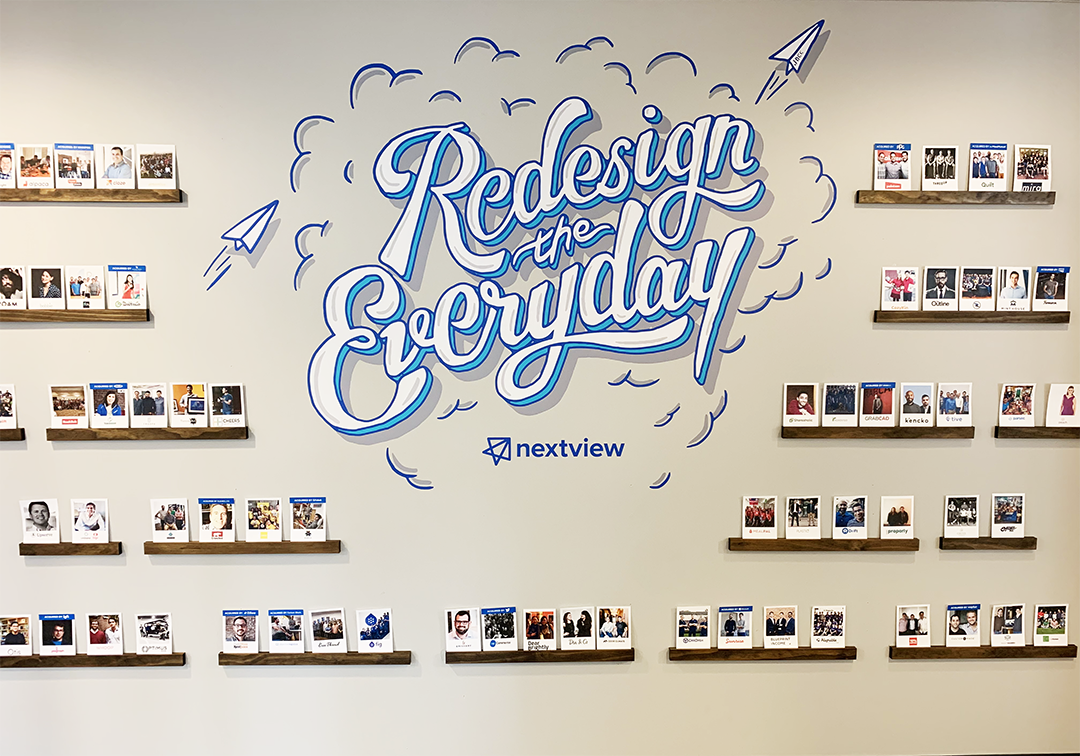


Friday Funism – “Authentic Company” & “Sophomore Slump” (2 for 1 Special)
It’s a 2 for 1 day today at Friday Fun-isms. Both are phrases that often come up, but often together.
The first is the idea of an authentic company.
Before we start any pitch, we try to uncover what the underlying motivation was behind the business. More often than not, the companies that get us the most excited are ones where the founder has some strong, deep rooted connection to the customer problem. This is particularly important when we invest pre-launch, but is really relevant throughout the founder journey. A founder with authentic connections to customers is more likely to uncover unique insights early that lead to advantages around product or customer acquisition. Later, this authenticity helps the founder better deal with the ups and downs of company building, makes for stronger recruiting, and can help a founder see around corners as the market context changes.
The second and related fun-ism is the “sophomore slump”.
Repeat founders have a ton of advantages when it comes to building a company for the second or third time. But many will struggle early on despite these advantages. We find that often, this is because of the challenge of finding an authentic problem to solve. Repeat founders are wired to start businesses, and are sometimes working on a company because they have been searching for a business to start rather than being pulled by an authentic problem. You also often see founders intentionally trying to avoid the market or category where they have had success in the past, because they are too aware of all the challenges and just want to try to do something different. But this takes them even further away from the kind of business that is likely to be authentic and is likely to be leverage her greatest strengths.
Because of all this, we get particularly excited when we meet a repeat founder that is working on a business that is deeply authentic. But what does that look like? Sometimes, this is obvious. I am working on an investment now with a founder who had previously founded a successful company, but is now working on a problem that is much more deeply relevant to his own personal experiences.
However, I find that many repeat founders just can’t find a problem that resonate with them quite as strongly as the problem that drove them to start their first company. But even if this is the case, these founders can still do things to make the opportunity as authentic to them as possible. This might look like building a business where one’s existing relationships into partners and customers can be easily leveraged, or where the skill sets required to show early traction line up well with what a founder is good at or has done in the past. Other times, this might involve partnering with another cofounder who has the authentic insight, but could greatly benefit from the company building skills of the repeat founder (eg: Square). And sometimes, founders just pivot and stumble upon a great opportunity even if it wasn’t exactly the problem they set out to solve (eg: Slack). These founders can still have great success, but need to surround themselves and their team with the right DNA to match the profile of the business they are tackling. These companies may not be completely authentic, but they can still be great.





